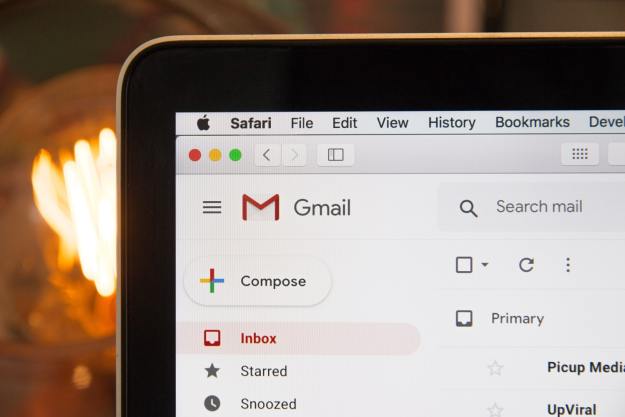
Video of Martin Luther King Jr.’s iconic “I Have a Dream” speech has been removed from the Internet, once again.
Footage of the 1963 speech, which is owned by British company EMI Publishing, was uploaded to Vimeo by Internet freedom advocacy group Fight for the Future, in honor of the one-year anniversary of the so-called SOPA blackout protest agains the Stop Online Privacy Act and the PROTECT IP Act. The group urged Web users to share the video as a “small act of civil disobedience.”
The plan was going well until just after 1pm ET, when Fight for the Future announced on Twitter that Vimeo had taken down the copyrighted clip.
“We received an automated notice from Vimeo that our video was taken down for violating their terms of service,” Tiffany Chen, co-founder of Fight for the Future, tells Digital Trends. “We’ve written to them asking for more information and to speak to a human because we believe we have fair use rights to post this video.”
Vimeo did not immediately respond to our request for comment. EMI could not be reached for comment.
Both Chen and Fight for the Future’s other co-founder, Holmes Wilson, told Digital Trends that the group is currently working to get the video back online. Wilson says that it will not use Vimeo for the re-upload, but the group is “asking Vimeo to put it back up.”
This is far from the first copyright dispute over “I Have a Dream.” Dr. King originally secured copyright for the speech in September of 1963, approximately one month after delivering the address during the Southern Christian Leadership Conference’s famous March on Washington. But in 1994, CBS aired footage it shot of the March, which contained about 60 percent of “I Have a Dream.” This resulted in a lawsuit by Dr. King’s family. In 1999, a U.S. District judge ruled that the King estate does have copyright claim to “I Have a Dream” (PDF), and the King estate settled with CBS out of court.
Eventually, copyright management of the “I Have a Dream” copyright was transferred to EMI. And in 2009, managers of the King estate asked the company to begin enforcing its copyright of the speech by forcing online video copies, and even reproductions of the text, offline.
Efforts to share “I Have the Dream” are part of widespread Internet Freedom Day activities taking place around the Web today, which is exactly one year after millions of Web users and tens of thousands of Internet companies banded together to put a stake through the heart of SOPA and the PROTECT IP Act (PIPA).
In an email with Mashable, Chen said that Dr. King’s “I Have a Dream” (and its lock-down by EMI) is the perfect example for why all Web users should take action against efforts to censor the Web.
“Hardly anyone wants to live in a world where something as inspirational and educational as Dr. King’s speech can’t be shared,” wrote Chen. “And, Internet Freedom Day is about that. Learning and seeking knowledge is at the heart of what the internet is about it, and we’re asking people to see and share the best of what has to be learned, albeit doing that it is illegal.”
Fight for the Future, along with Demand Progress, the Electronic Frontier Foundation, the Center for Democracy & Technology, and more, have created an Internet Freedom Day website, which urges Web users to get involved in the battle against Internet censorship and government overreach. They are asking people to post examples of “something you love on the Net that you never want to see censored.”
In addition to sharing the “I Have a Dream” speech, the groups have compiled a list of things people can do right now “to continue the fight for an open, accessible, and awesome Internet.” It includes signing the Declaration of Internet Freedom; signing a petition against the Trans-Pacific Partnership, which they describe as “SOPA on steroids;” and filling out this UC Berkley survey about what SOPA means for you.
Despite the effects of the SOPA blackout last year – it changed the way Washington addresses Internet-related legislation, and taught our politicians that messing with the Internet is a dangerous endeavor – the fight against government intrusion on the Internet is far from over. CNET’s Declan McCullagh reports that politicians and Hollywood lobbyists still have plans to further address intellectual property protections through increased legislation.
For those of you still wanting to access “I Have a Dream,” you can read a copy of the original speech via the National Archives here: PDF, or stream an audio version here.
Update: Tech activism blog Screenhugger has re-uploaded “I Have a Dream” to Vimeo.


